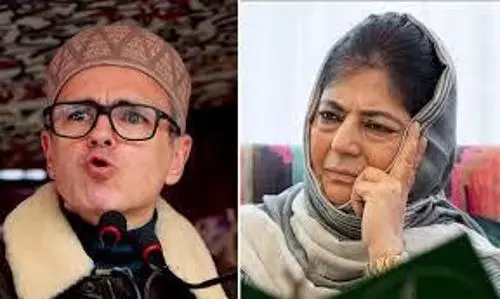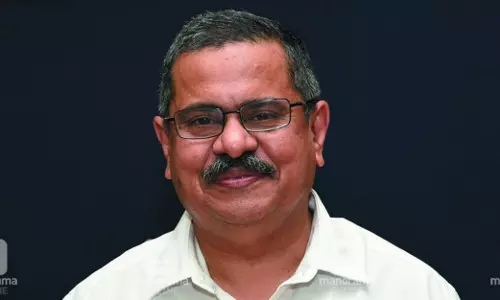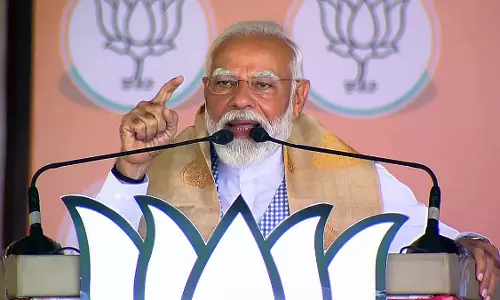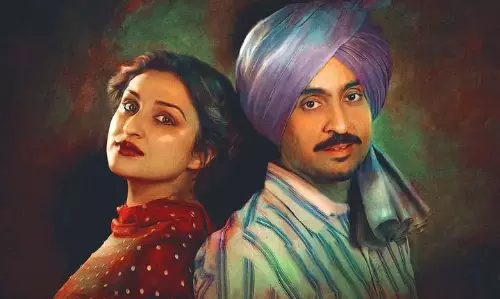
Judiciary and secularism
text_fieldsThe Supreme Court earlier this week expressed concern over the future of secularism in the country with Justice Vikramjit Sen orally observing that India may not always continue to remain secular.
It is the duty of the apex Court, the guardian of the constitution, to guide the Parliament and the executive when the constitutional values are wrongly interpreted. The statement comes as the Bench headed by Sen was hearing a petition seeking a declaration that the Canon Law was the personal law of Indian Christians and that a decree of dissolution of marriage granted by an ecclesiastical court is valid and binding. The Court stressed on the need to kept away religion from the civil laws and expressed anxiety over the challenges faced by secularism in the country. The different communities practice separate personal laws based on their religion which is at stake at present. The Court statement also becomes particularly relevant when attempts to remove the terms “secular” and “socialist” from the preamble of the constitution by the Shiv Sena take place adding to more skepticism. The Ministry of Information and Broadcasting issued a Republic Day advert showing the Preamble page without these words.
The term “secular” was incorporated in the Preamble in 1976. The Supreme Court expressed its views on the secular nature of the Constitution for the first time during the Sardar Taheruddin Syedna Sahib case in 1962. The 13 member panel during the hearing of Kesavananda Bharati case in 1972 had also said that secularism was the fundamental feature of the Constitution that cannot be altered. The Supreme Court during the S R Bommai case in 1994 had also stated that even though the Parliament has the right to amend the Constitution, it doesn’t have the power to amend the basic foundation. The Judiciary on several occasions has pointed out that secularism doesn’t get deteriorated if the minorities were permitted to practice their religious beliefs and their own civil codes. Justice Chandrachoodan panel in 1985 had said that a uniform civil code was essential for national integration. The statements led to huge controversies and discourses during the hearing of Shah Bano case at the national level compelling the Parliament to pass the Muslim Women’s Law the next year.
Secularism that doesn’t safeguard the religious and cultural rights of minorities is majoritarianism. In India where religious and cultural disparities exist among the numerous communities residing alongside each other, secularism is the religious tolerance that fosters diversity and peaceful coexistence contrary to the forceful imposition of religious practices of one particular community over another. Just as the democratic institutions, it is the duty of the apex court to safeguard the constitution and nurture the constitutional values. The Justices instead of expressing concern and adding to the anxiety of the people should point out the political and constitutional risks that pose a threat to a secularist society as and when required.























